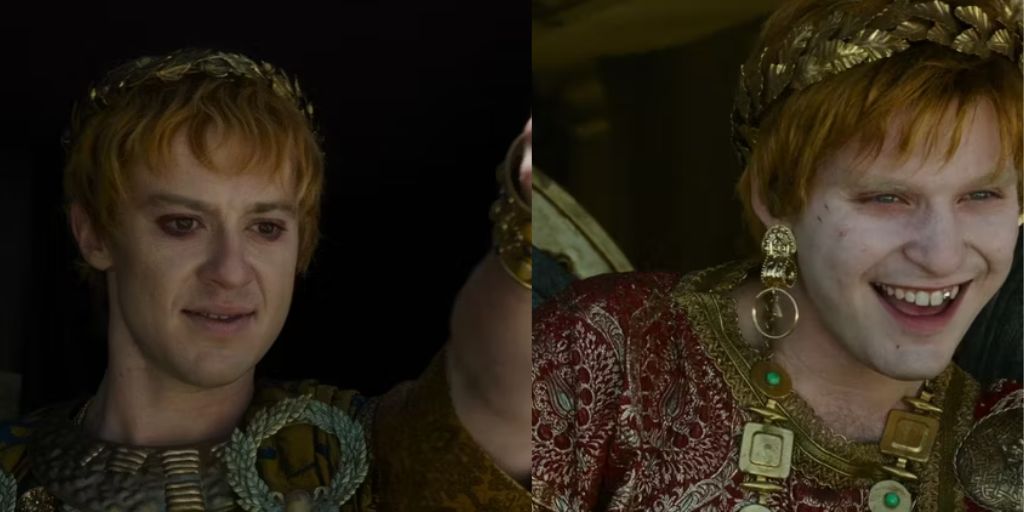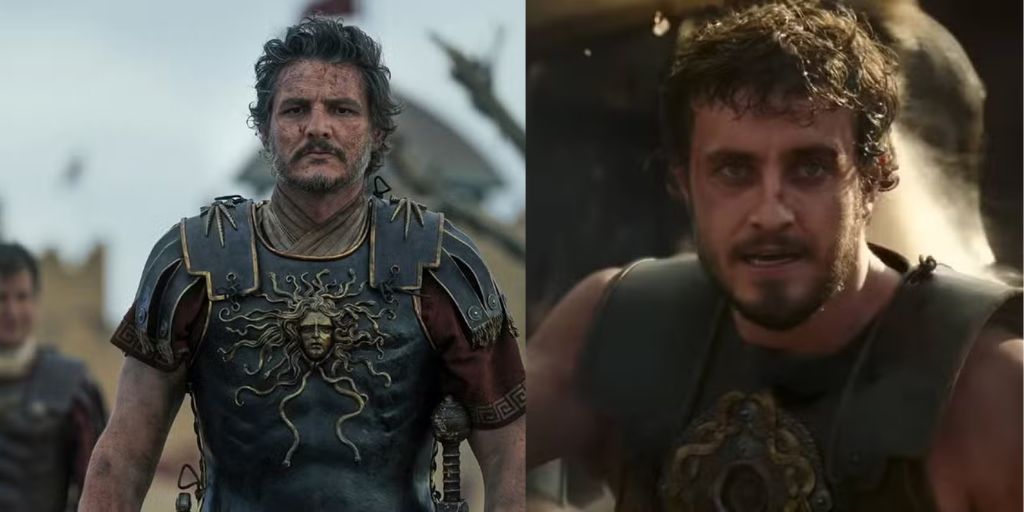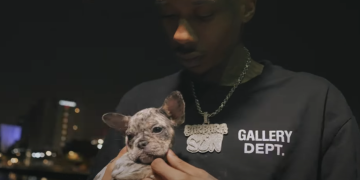In today’s cinema, post-credit scenes have grown increasingly popular, often teasing sequels or adding final twists. However, Ridley Scott’s Gladiator II does not include any mid or post-credit scenes.
While the Marvel Cinematic Universe helped popularize this trend, the tradition is not unique to superhero films. Post-credit scenes have become a creative way to reward viewers for staying through the credits and offer a nod to the people behind the scenes.
Gladiator II opts not to follow this format. Instead, once the credits begin rolling, there is no extra content waiting at the end. However, staying to appreciate the credits gives you a moment to reflect on the contributions of hundreds, if not thousands, of people who worked tirelessly on the film.
Despite the absence of a post-credit scene, Gladiator II leaves plenty to discuss. It builds on its predecessor’s legacy with an engaging storyline, new characters, and powerful performances.
What Is Gladiator II About?
Set 16 years after the events of the original Gladiator, this sequel shifts focus to Paul Mescal’s Lucius.
Once a young boy inspired by Maximus Decimus Meridius, Lucius now embarks on his own journey to confront Marcus Acacius, a Roman general played by Pedro Pascal. Marcus led the conquest of Lucius’s homeland of Numidia, igniting Lucius’s desire for revenge.
The film doesn’t just focus on Lucius’s personal vendetta; it goes into the larger political turmoil of Rome.
Twin emperors Caracalla (Fred Hechinger) and Geta (Joseph Quinn) rule with tyranny, further destabilizing an already crumbling empire. Lucius must carefully face this dangerous political view while pursuing his revenge.
Denzel Washington’s portrayal of Macrinus, a slave owner known as the “Master of Gladiators,” stands out as one of the film’s most memorable elements.
Macrinus is both terrifying and attracting, bringing intensity to every scene he’s in. His role ties the gladiatorial combat to the political drama, making him a central force in the film’s narrative.
Pedro Pascal’s Marcus Acacius also delivers a layered performance as the conflicted Roman general. His complex motivations and interactions with Lucius add depth to the story, making him more than just an antagonist.
Together, the performances of Mescal, Washington, and Pascal create a gripping and emotionally charged drama.
Will There Be a Sequel to Gladiator II?
The long-awaited Gladiator II has sparked discussions about whether another installment in the series will follow. Director Ridley Scott has hinted at the possibility of a third Gladiator film, though he has yet to fully commit to the idea.
In an interview with Premiere, as reported by Variety, Scott shared that he is already showing ideas for another sequel. However, he noted that the decision would largely depend on the reception of Gladiator II.
With reviews from critics and fans divided, it remains unclear how this could influence the development of a third installment.
Scott has teased potential storylines for a third film, but discussing them would reveal spoilers for Gladiator II.
What can be said is that these ideas would likely continue the themes introduced in the original film and its sequel, particularly the dream of a better Rome shared by Maximus and Marcus Aurelius.
While there’s no official confirmation yet, the groundwork for a future Gladiator story has been laid. Fans of the franchise may not have to wait another two decades for the next chapter.
A Worthy Sequel Without the Extras
For viewers wondering about post-credit scenes, Gladiator II offers none. Once the final credits begin, audiences can leave without missing additional content. However, the absence of these scenes doesn’t diminish the film’s impact.
Ridley Scott focuses on delivering a story rich in drama, action, and compelling character arcs. The film’s blend of intense gladiatorial combat and political intrigue keeps audiences engaged throughout its runtime.
Denzel Washington’s commanding performance as Macrinus is particularly noteworthy. His portrayal of the “Master of Gladiators” brings energy and unpredictability to the screen. Macrinus’s influence extends far beyond the arena, shaping the political dynamics of the story.
Paul Mescal rises to the challenge of leading the sequel, capturing Lucius’s transformation from a young dreamer to a determined fighter. His journey is both emotional and action-packed, making him a worthy successor to Russell Crowe’s Maximus.

Pedro Pascal’s portrayal of Marcus Acacius adds another layer of complexity to the story. As a character driven by both ambition and inner conflict, Marcus becomes a formidable adversary for Lucius.
Final Thoughts on Gladiator II
While Gladiator II doesn’t include post-credit scenes, it doesn’t rely on gimmicks to hold the audience’s attention. Instead, it builds on the legacy of the original film with a new story that shows revenge, power, and the fight for justice.
Ridley Scott has crafted a sequel that honors the spirit of the first Gladiator while introducing new characters and conflicts. The performances by Mescal, Washington, and Pascal stand out, creating a movie that’s both thrilling and emotionally resonant.
For fans of historical dramas and epic storytelling, Gladiator II delivers a cinematic experience worth watching. It’s a testament to the enduring appeal of the franchise and a reminder of why the original film became a classic.
Now playing in U.S. theaters, Gladiator II invites audiences to witness a story of ambition, resilience, and vengeance on the grand stage of ancient Rome. Whether or not a third film follows, this sequel has left a lasting impression on the franchise.





